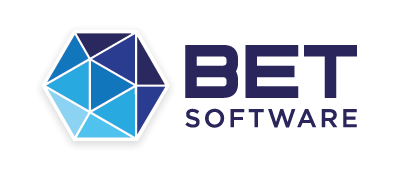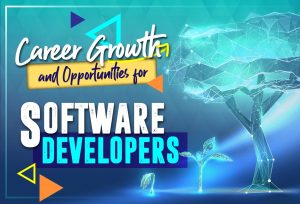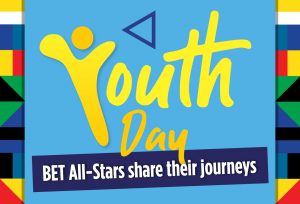It’s a Friday, early evening last year. I’ve just clocked off. I finished my final meeting for the day and met the final deadline (or so to speak) for the week. Normally, I’d be out sipping on an ice-cold beer, but it’s COVID-19 times and Cyril Ramaphosa has said we have been misbehaving…
So I’m sitting behind my PC writing down my thoughts. Considering the week I’ve had, and the amount of code, meetings, and solutions discussions I’ve had, especially with the new POPIA Act ( FML), my brain is in complete disarray (imagine the 1’s and 0’s from The Matrix).
But I started thinking, that the software development field is at a point where it has become the most popular field for many professionals to go into, and with that comes a huge influx of graduates, intermediates, seniors, and self-taught developers. In my opinion, this is great, it shows that the field we are in is a market that has a massive amount of scope, with endless possibilities.
Thanks to COVID-19, many more businesses now see the importance of an online presence and with that, the need for even more developers, from junior all the way to software enterprise architects. This brings me to the topic at hand, that I had been thinking about over the days before: The expectations of new/graduate developers in the software development environment.
So, some quick background on myself: I have been in the industry for 5 years and have been coding since age 14 (CRT screens and a clicky keyboard – before mechanical boards became the talk of the town). I hold a degree in Computer Science, and that’s basically it.
Coming out of university, I was super wet behind the ears. I thought since I was able to code in the given language they had taught me during my tertiary years, I was highly “advanced” in the language.
I had a bit of a chip on my shoulder – as I could code and figure out what I thought were the expert-level layers of coding. Boy was I wrong!
Fast forward 6 months, I’m at the cusp of graduating, and I am trying to line up interviews for the “graduate-earning-30k-a-month-salary-job”.
Still, with this massive chip on my shoulder, not willing to look at start-ups or any company that I hadn’t heard of and only looked at the big players in the industry. Being Durban born and bred – take a guess where I had set my eyes on…
On my CV, I had ‘Advanced C++’, ‘Advanced C#’, ‘Advanced JAVA‘, and ‘Advanced HTML’ – because I thought I was ‘Advanced’. Again, mistakes were made, and I was wrong.
I was invited for an interview after completing the technical assessment, and now I was at the mercy of a panel in a face-to-face interview. Nerve-racking! The technical questions began on C#.
Since I had said I was ‘Advanced’ in C#, the panel began one by one by throwing me ‘Advanced’ technical questions. I recall one of the developers asking me: “What is an Enumerator?”
I stared back blankly and gave some answers, completely wrong might I add. This went on for what felt like the longest 15 minutes of my life. Question after question, with incorrect answer after incorrect answer.
I must admit, they were professional enough to stop asking the questions and then posed a ‘whiteboard’ question to me, to give me a chance in case I could not explain properly. LOL. ‘Advanced’ me was not able to complete the whiteboard question and that’s where the interview ended.
I knew I had blown it as I walked out, I knew the regret email was to follow in the days to come. Yet, I still had this chip on my shoulder that I had been treated unfairly, and that they knew I was a graduate, and why would they ask me those types of questions?
I overlooked the fact that because I had said I was ‘Advanced’ on my CV, they did exactly what any interviewer should do – check if the candidate’s skills match their CV.
Again, I was invited for an interview at the country’s largest bank, and the same thing happened. Now, my points here are:
- You can be the sharpest developer at the tertiary level, but that does not make you ‘advanced’. Yes, you are good for that level, but you’re nowhere close to even a junior developer.
- On your CV, be as humble as possible. If you are going to go around saying you are an expert in this and an expert in that, when you are in the interview you will be assessed as such.
Stay tuned for part 2 where I share where I actually ended up working.

Kerev Reddy
Software Development Engineer






